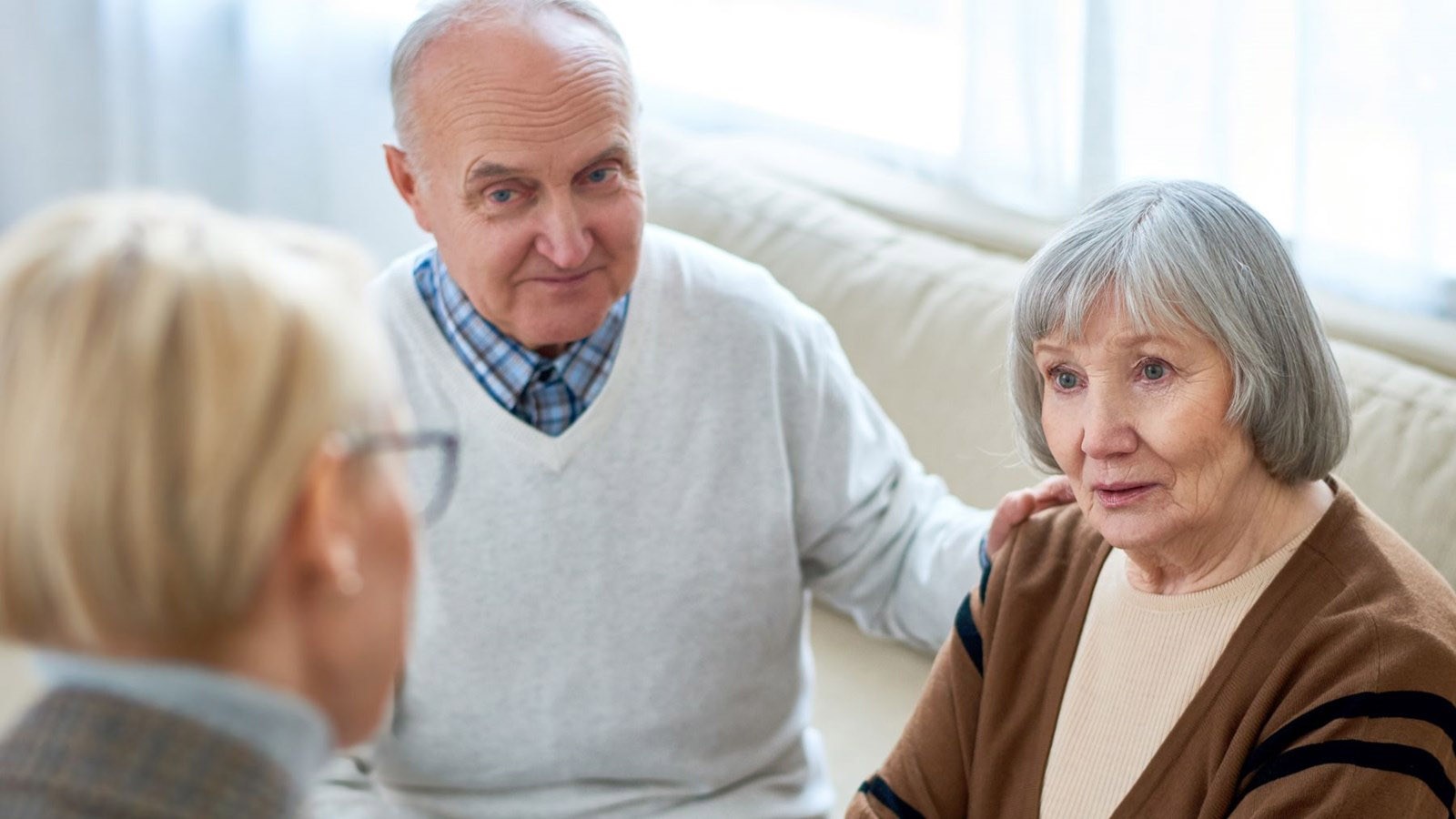While the global pandemic locked us down and closed off many aspects of daily routines, the hidden world of professional care workers has been opened and recognised as never before.
The high death rates in care homes associated with the Covid-19 virus, along with the bravery and fortitude of care staff supporting residents cut off from their families, have featured heavily in media coverage of the pandemic’s impact.
As the United Nations invites us to reflect on how the pandemic changes how we view age and ageing for International Day of Older Persons (UNIDOP), our student member Susan Aston shares her insights into the enormous emotional pressures experienced by care staff and asks why psychological support for care workers isn’t as vital to their wellbeing as PPE.
Three years ago, I became a CareGiver with Home Instead, a care company that provides flexible, personalised care to elderly clients in their own home.
The company recognises the importance of staff having time on each visit to build relationships with clients.
The older people I work with come from many walks of life, but each and every one of them has lived a life that has been full, active, had purpose and meaning, and each has their own unique story to tell of a life lived, with strong identity full of rich experiences, knowledge and insight.
As every counselling student will know, securing a placement is one of the most stressful parts of the course.
When I started my counselling training, my work with older people and the insights into the pressures of care work made this an area of interest.
However, it’s apparent that it’s a sector that has been overlooked and there is little knowledge of counselling for clients or staff.
When I spoke to the managing director of my local franchise of Home Instead, I got a positive response and the placement was arranged with the help of my course supervisor and the agreement of CPCAB, offering counselling support to older clients and to care staff. Recognising the possible conflict of a dual role, I decided to give up my CareGiver role.
Challenging and lonely time
For many older people, later life can be a challenging and lonely time, especially when they have no family living nearby and when lifelong partners or siblings and friends have died.
There’s a danger they will lose their sense of self, retired and hidden, they are no longer the farmer, the teacher, the accountant, but instead invisible parts of a homogenous mass in society.
Alongside helping with daily tasks such as washing and dressing, administering medication, shopping, cooking a meal, putting the bins out and providing companionship, my care work sometimes, inevitably, included sitting with a person who is at the end of their life.
This is recognised as part of the caring role, and in 2019 Home Instead received the Princess Royal Training Award for End of Life Training to give CareGivers the skills and knowledge to cope with the practical and emotional demands of end of life care.
On one occasion a paramedic visiting one of my clients who had a fall, said to me ruefully, ‘I couldn’t do your job.’
When I suggested his work was much more traumatic, he replied ‘I treat people that I don’t know. You get to know your clients, form a bond with them, and then watch them die’.
I was struck by this, and what it said about how we view and look after those who provide daily care for the most vulnerable people in society.
More than clients
In the CareGiver role, the people we work with are always more than clients. We build friendships and trust that allow those who wish, to confide their inner most fears and concerns.
We’re the people close enough to notice changes in their wellbeing and get the help they need.
Many of our clients want to die at home, we look after them in those final weeks, days and hours.
We’re there when a syringe driver is administered, we hear when a dying person is calling out for their mum, we sit with them and hold their hand when there is nothing else to do except wait for death to arrive.
Yes, carers have training on end of life care, yet when it is over, we move on to another client and so the cycle begins again.
The care sector in general has one of the highest rates of staff turnover, sick rates and presenteeism than almost any other work sector.
Vulnerable workforce
Care workers are a vulnerable workforce, coping with unsocial hours, low pay and zero-hours contract. Often juggling two jobs, and with their own family responsibilities, many face a potentially toxic mix of stress, anxiety and depression.
In counselling, supervision is one of the corner stones of our profession to ensure safe practice and the wellbeing of counsellors and ultimately our clients.
I’m sure the intention is there among many care companies, but the sheer pressure the health and social care sector is under means staff supervision is often overlooked.
I believe counselling has a vital role to play. If care workers had a space to off load in a safe and confidential setting, with whatever issues they were facing and was embedded by the care industry as standard practice, I believe that outcomes would be better for the carers and those they care for.
In the midst of the pandemic, care workers have come into the consciousness of the public, let us ensure that we do not forget them when it’s all over.
Find out more...
Related news

UNIDOP: Does the pandemic change how we address age and ageing?
On International Day of Older Persons, members of our Older People Expert Reference Group share insights from their work during Covid-19

Our Journey to Age Equality must include choice of access to counselling
This UN International Day of Older Persons, we're sharing inspiring stories of how Counselling Changes Lives for people aged 50 and over

Sharing your experiences
Marking one year since the start of lockdown, we’re sharing your blogs about the impact the coronavirus pandemic has had on you, your practice and your clients
Views expressed in this article are the views of the writer and not necessarily the views of BACP. Publication does not imply endorsement of the writer’s views. Reasonable care has been taken to avoid errors but no liability will be accepted for any errors that may occur.
